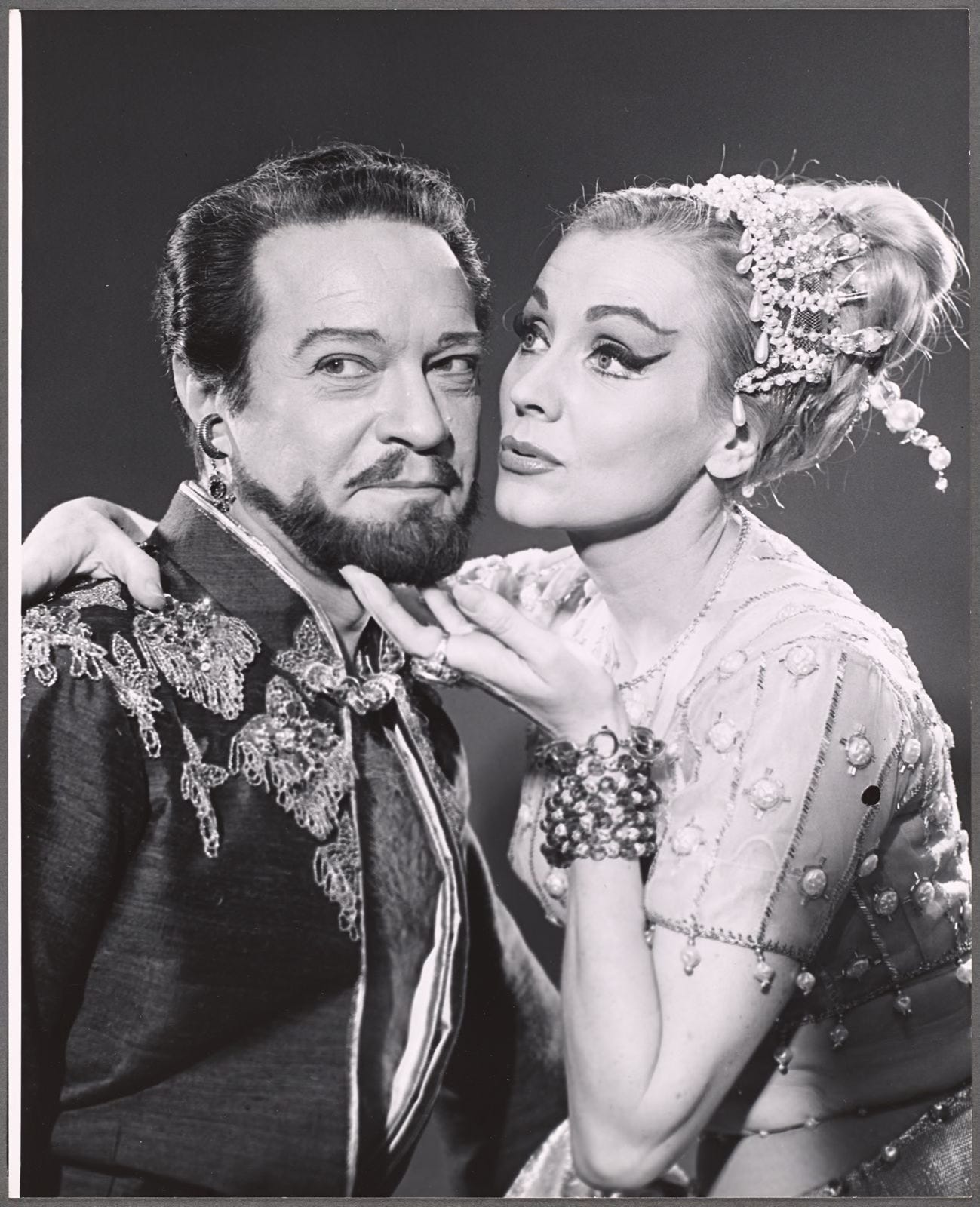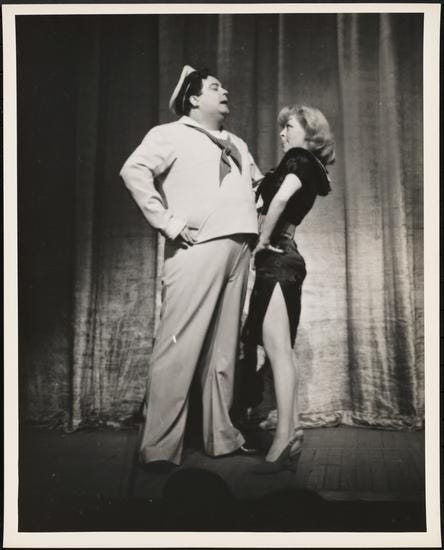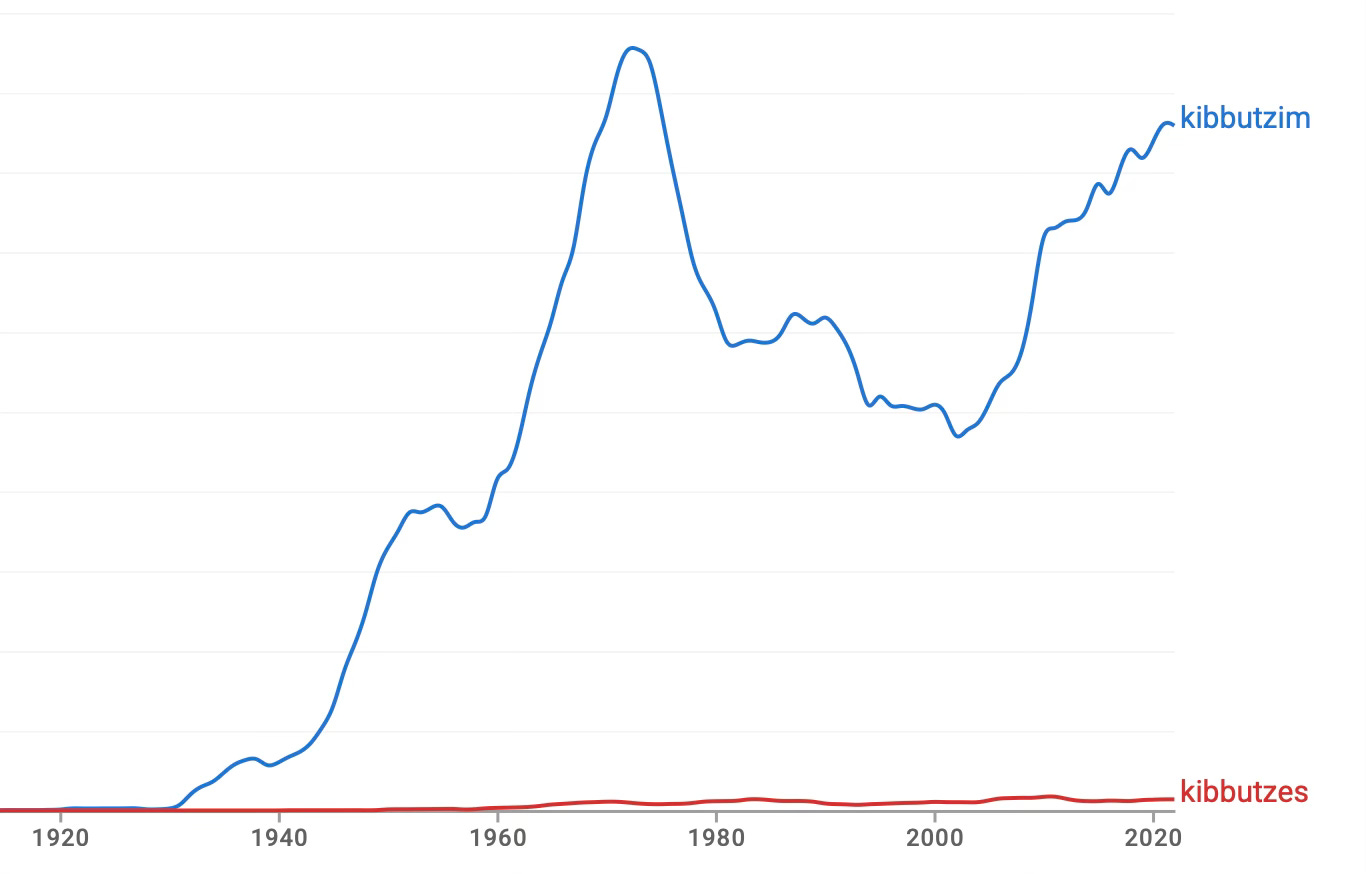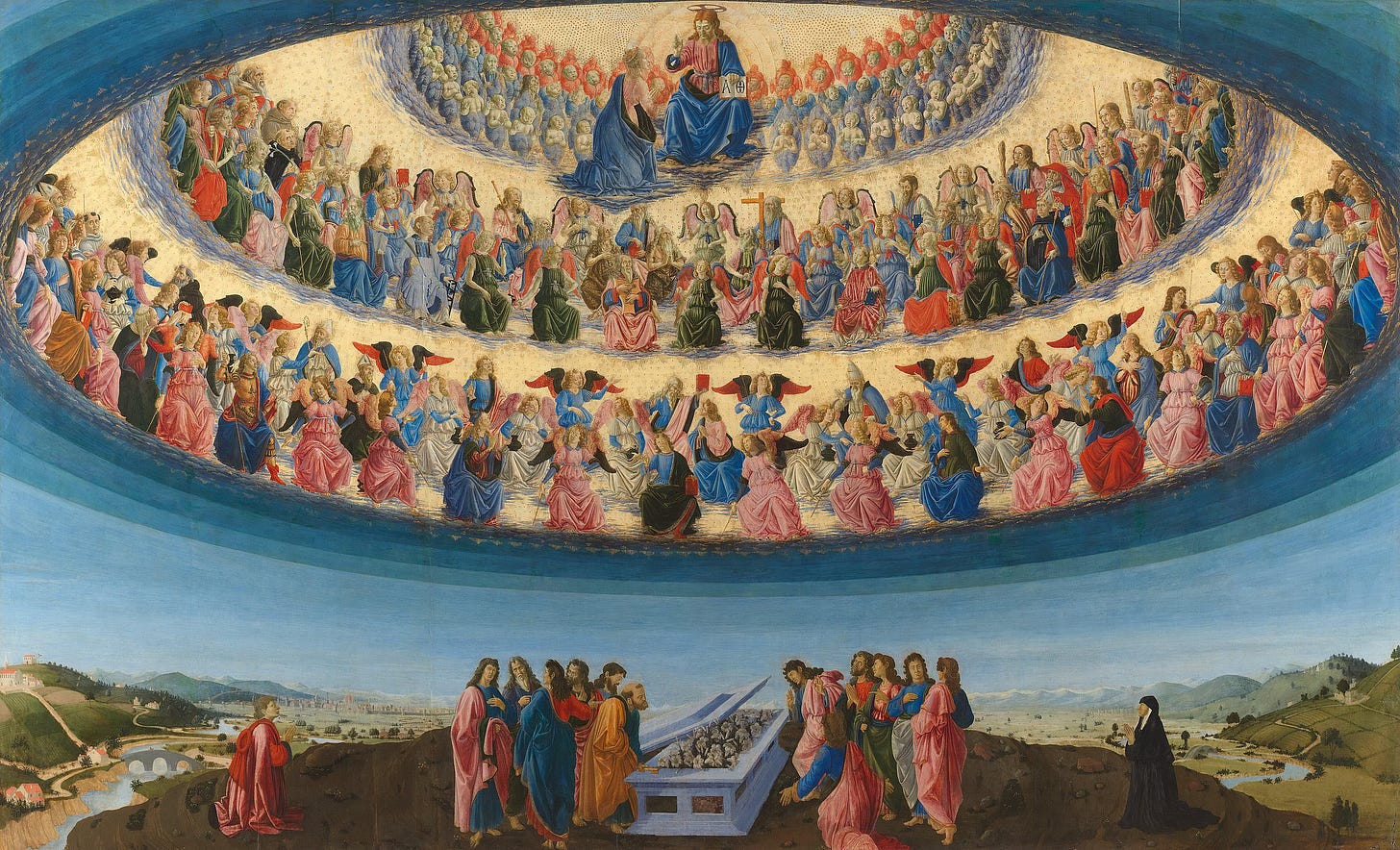CARRIE. You’re a queer one, Julie Jordan!
You won’t ever tell a body what you think.
You’re as tight-lipped as an oyster,
And as silent as an old Sahaira Spink!
JULIE. Spinx.
CARRIE: Huh?
JULIE: Spinx.
CARRIE: Uh-uh. Spink.
JULIE: Y’spell it with an “x.”
CARRIE: That’s only when there’s more than one.
JULIE (outbluffed): Oh.
[from Carousel, by Richard Rodgers and Oscar Hammerstein II]
Yesterday, March 10, was the birthday of Lorenzo Da Ponte (1749–18301), who wrote the libretti for, among other works, Mozart’s operas The Marriage of Figaro and Don Giovanni (and who, and I think this qualifies as a Fun Fact, eventually fled bankruptcy in Europe, spent some time running a grocery store in Sunbury, Pennsylvania, and later became the first professor of Italian literature at Columbia University in New York City).
(Well, make that Fun Facts. Because there’s more than one.)
As much as I tend to favor standard English-language plurals for non-English-derived words once they’ve been thoroughly domesticated, I’m happy to assign libretti to Da Ponte rather than librettos because (a) he’s Italian, (b) we’re talking about operas, which are inherently fawncy, and, (3), “libretti” is a fun word.
It’s a matter of tone, really.
One might say, then, that The Marriage of Figaro and Don Giovanni have libretti, Song of Norway and Kismet have librettos, and Follow the Girls and Ankles Aweigh have books.2


That said, I was surprised, following my own thought drift, to learn that as far as the English-language plural for a collection of Israeli agricultural collectives is concerned, “kibbutzim” (the original Hebrew construction, natch) leaves “kibbutzes” choking in its dust, and I couldn’t really tell you why.3
When it comes to -im pluralizations, we also similarly tend to favor “seraphim” over “seraphs,” and as to seraphims’ Garden of Eden–guarding4 siblings, those are certainly cherubim, cherubs being cute little wingèd pudgeball toddlers often found lounging around the clouds in their scanties.
By the way, I’ve just now, in trying to recall the difference between cherubim and seraphim, stumbled upon the celestial hierarchy, of which I was previously entirely ignorant, and which exists in a number of different flavors, but let me, for fun, cite the one devised—divined, one might even say5—by the fifth- or maybe sixth-century theologian Pseudo-Dionysius the Areopagite, who presumably spent his life in spiteful jealousy over the existence of Real-Dionysius the Areopagite, and which runs to, from lowest to on-highest, angels, archangels, principalities, powers, virtues, dominions, ophanim (also called thrones), cherubim, and seraphim.
And here they all are, posing for a Botticini snapshot in 1475.
Speaking, as we were, of kibbutzim, have you ever wondered if there’s an etymological relationship between “kibbutz” and “kibitz” (occasionally spelled “kibbitz”), which is what one does in chitchatting, offering opinions (particularly unwanted ones), and/or interfering with card players at play?
There isn’t, it seems.
“Kibitz” is, our friends at Merriam-Webster inform us, “borrowed from Yiddish kibetsn or German kiebitzen ‘to look on (at a card game),’ both borrowed from Rotwelsch (German underworld argot) kiebitschen, chippischen, gippischen ‘(of the police) to search out, patrol,’ of obscure origin,” whereas “kibbutz,” I find, derives from a modern Hebrew word, transliterated as “qibbus,” meaning “gathering.”
In A Streetcar Named Desire, Blanche DuBois, observing at one point a poker party in the home of her sister and brother-in-law, Mrs. Stella and Mr. Stanley Kowalski, inquires “Could I kibitz?,” and I’ve always thought that “kibitz” is an odd word for that discordant Southern belle Blanche to have in her vocabulary arsenal. It’s a great demonstration of Tennessee Williams’s superb ear that Stanley’s response is not a grunted “No” but a pointed “You could not.”6
As I do like to say of A Streetcar Named Desire, it’s an extremely funny play.
Until it stops being funny.
Today’s cover illustration is Gustave Moreau’s 1864 canvas Oedipus and the Sphinx.7 Moreau is one of my favorite painters, and if you’re ever in Paris, you’ll find an entire museum devoted to his work in what used to be his home in the 9th arrondissement, and it’s well worth visiting.
Department of Taking Care of Taking Care of Business
Thank you all for being here, and thank you, especially, to subscribers, and especially especially to paying subscribers. I quote my friend Connie Schultz: “You don’t have to pay to read my writing. I understand that not everyone can do so, and I am grateful to those of you who do because you make it possible for me to keep writing.”
Sallie is grateful too.
Also, this is, I note, the ninetieth (❗️) installment of A Word About . . . since I began this series nearly a year ago, and I hope that these essays and party pieces continue to be as fun for you to read as they are for me to write.
En dash alert!
The 1980 Broadway staging of 42nd Street, I note, has, simply, “lead-ins and crossovers.”
I suppose that I could make a wee joke about the dominance of the globalist, cosmopolitan press, but perhaps I won’t.
En dash alert encore!
“But it would be wrong.” —Richard M. Nixon
Which reminds me, as everything always seems to remind me of something else, of John Patrick Shanley’s majestic line in Moonstruck, majestically delivered by Olympia Dukakis, which begins “Old man, if you give another piece of my food to those dogs” and which concludes not “I’m gonna kick you to death,” which would be fine, but “I’m gonna kick you till you’re dead,” which is seraphim-tier.









Further fun facts about Lorenzo Da Ponte: of Jewish heritage, he converted and became a priest, and Padre Da Ponte was so bawdy he was requested to depart from Venice (which probably took some doing), and thus he was not only the first professor of Italian at Columbia but likewise Columbia's first Jewish AND first Catholic faculty member. I have been reading, with great enjoyment, Dana Gioia's "Weep, Shudder, Die: On Opera and Poetry," which is nicely written, thought-provoking, and intelligent, but, being me, what sticks in my brain is the juicy gossip. I've always thought wine, cheese, and gossip are better well-aged.
i saw that production of Kismet and had the opportunity to tell Anne Jeffrey’s so 15 years later when on line at the Culver City Unemployment Office behind her and Robert Sterling (OMG, Marian and George Kirby!!).